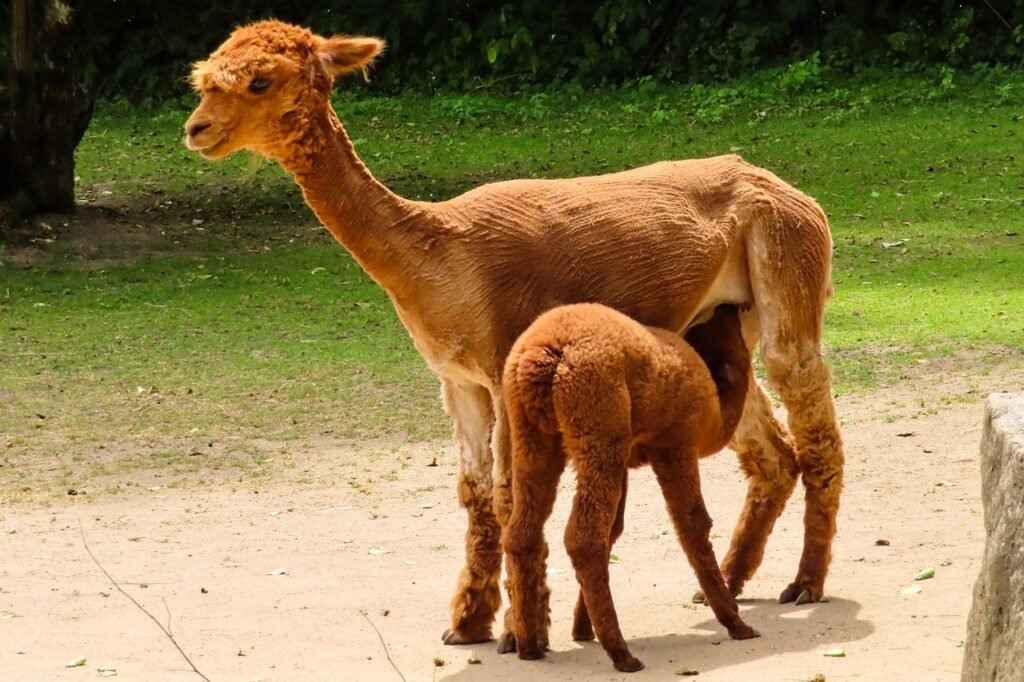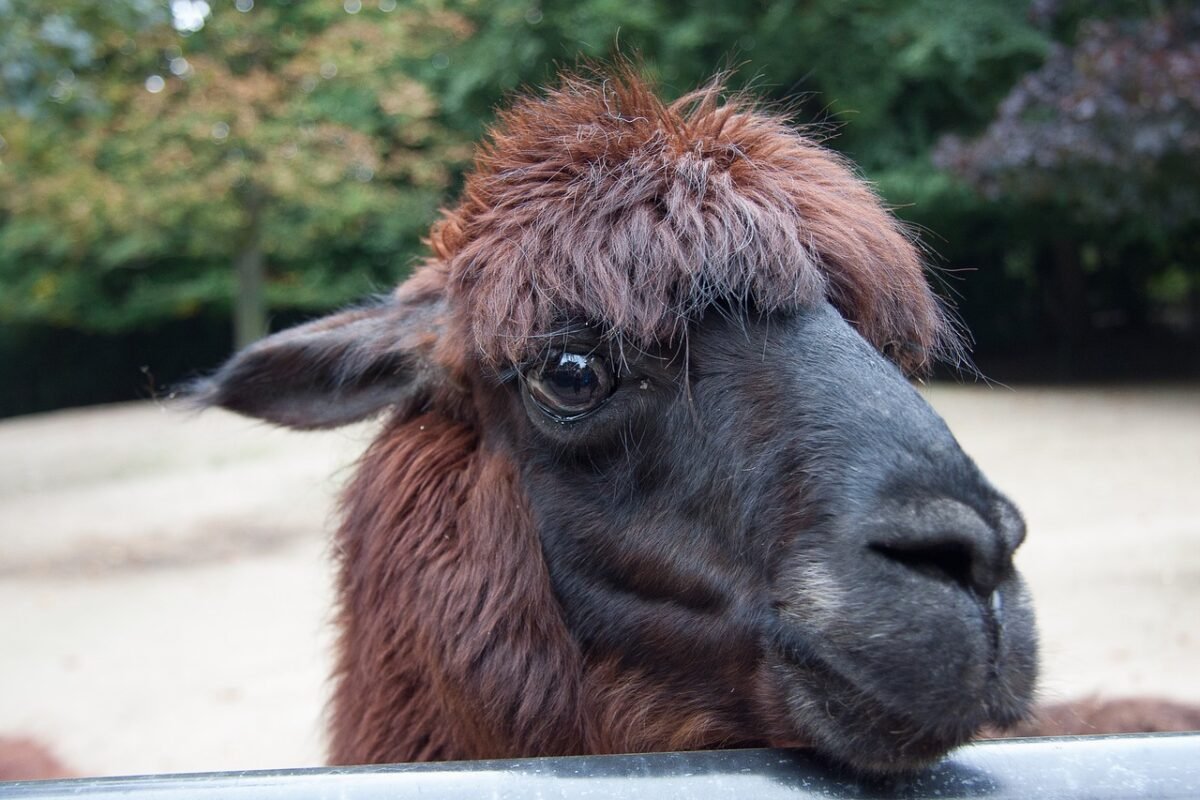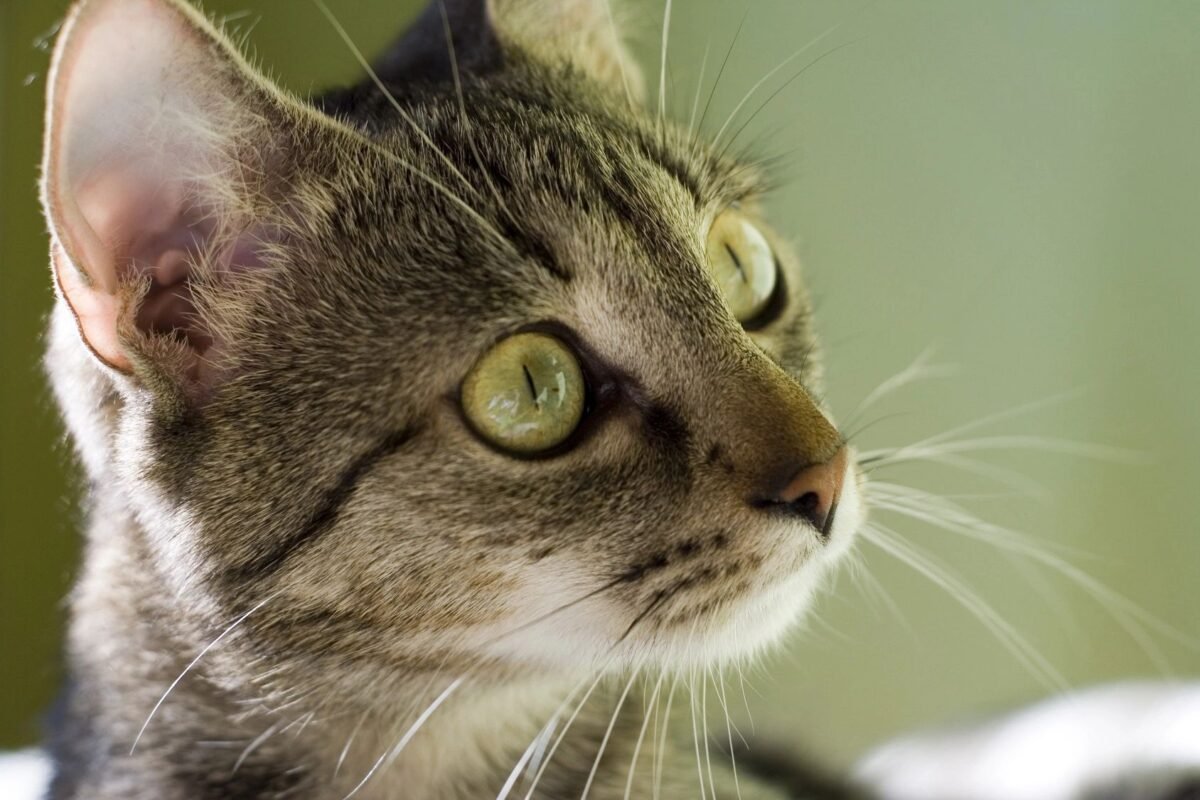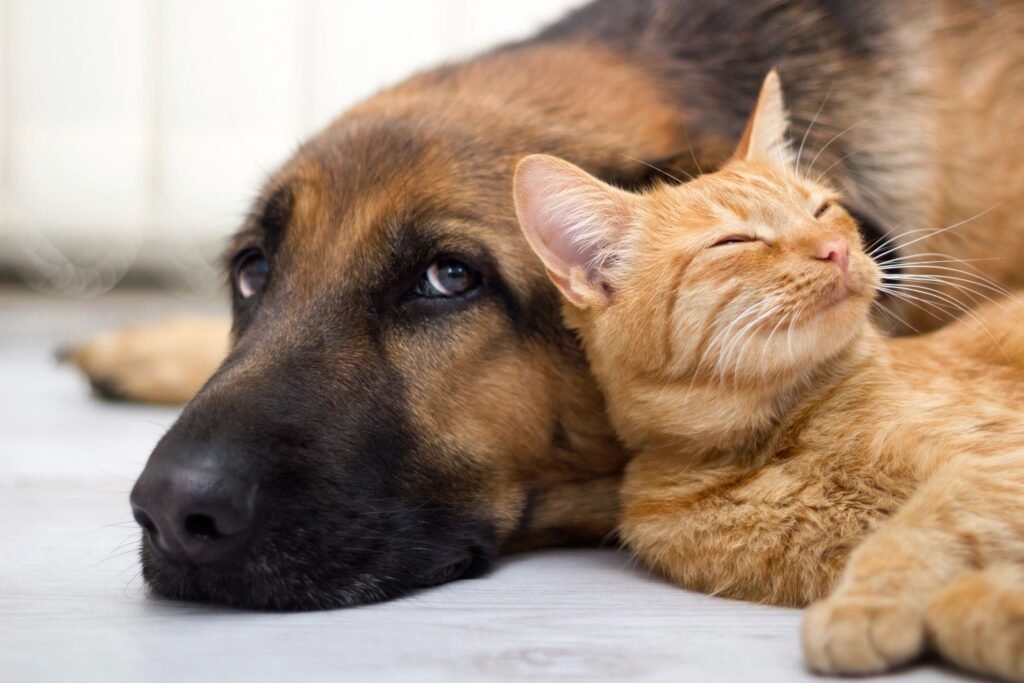There has been a trend in the last decade or so to keep Alpacas to farm and as pets. It has become “trendy” in the last decade for people who live or move to the countryside and have a spare field to acquire them as a hobby. Where and why this started is difficult to understand, but it appears to be based on a romantic idyll of selling the wool and taking up weaving.
Baby alpacas are relatively cute in the eyes of many people and one can see their appeal. They are described in many blog articles and advertisements as being “adorable“ which is perhaps going a bit far. They are not a companion pet or a pet of any sort, but classified more in the exotic livestock category and even less suitable than keeping a sheep, cow or pig would be. And when full grown many cease to look that cute or attractive.
Even Facebook and Gum tree run adverts for unwanted ones.
The dream of owning these animals is popular in the USA, Canada, Australia and the U.K., with the aim of making money from their fur or breeding and selling them. Unfortunately for many the reality soon kicks in when they find them a lot more difficult and expensive to look after than they imagined. It is not just restricted to alpacas but includes emus, ostriches, llamas and goats.
Alpacas have now joined the sad long list of the unwanted animals with sites like Facebook and Gum Tree running adverts for unwanted ones. To meet the demand new alpaca charity rescue centres are springing up in all these countries with the inevitable plea for donations. New homes need to be found which isn’t easy as they need space, special care and are expensive to keep. Many alpacas are being neglected or cruelly treated and so SPCA’s in the U.K., Canada, America and Australia are having to get involved and owners are being prosecuted. And all this because of this misguided romantic dream by people of keeping them.
In the USA and Canada farming alpacas was heavily marketed and the industry expanded too quickly with people trying to cash in on the popularity of alpaca wool and garments. It wasn’t long before production outstripped the demand for alpaca wool – something known as a ‘speculative livestock bubble’. Alpaca keepers and breeders soon found themselves in financial difficulties and unable to offload their animals, not even by giving them away. They cost anywhere from £200 for a male to thousands of pounds for a female. Some unfortunates end up being slaughtered for their meat. Some rescues have seen a threefold increase in the number of unwanted and abandoned ones recently with one rescue centre rehoming 405 since 2008.
People are attracted to them by their ‘cuteness’

So before buying alpacas think about this…
- Alpacas need to live as a herd with a minimum of three or four animals;
- Three or four alpacas require at least two acres of pasture;
- You require a veterinary surgeon with expertise in dealing with them, preferably a member of the British Veterinary Camelid Society (BVCS)
- They require shearing, worming and vaccinating yearly;
- Their fur and nails need clipping every two months;
- They need to have access to shelter;
- They need dietary supplements;
- They can be difficult to handle and may not like being cuddled or stroked;
- THEY ARE NOT COMPANION PETS.


